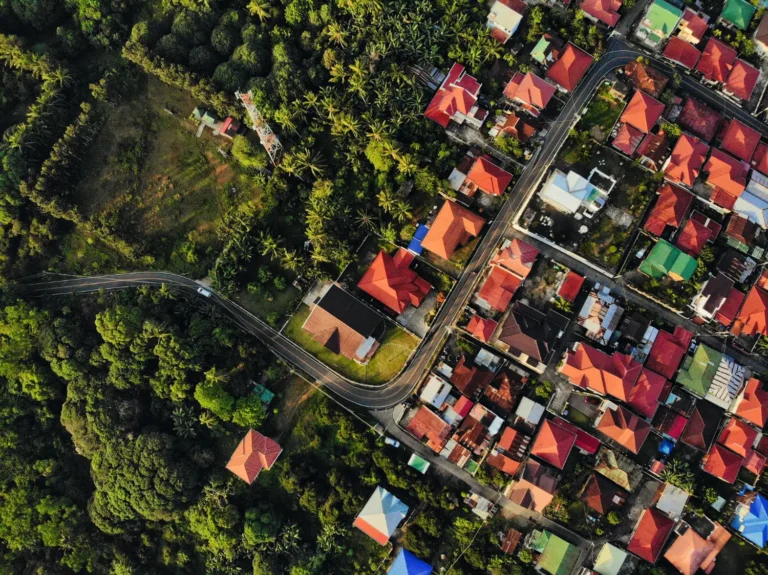- Property
Definition of freehold properties in Malaysia
2 minutes read
In the Malaysia context, the definition of freehold properties refers to a property that is fully owned by the buyer without any limitation on the period of ownership. When you buy a freehold property, you have full ownership rights to the land and any structures built on it permanently.
In Malaysia, land ownership is mainly governed by two systems: freehold and leasehold. Freehold properties are considered more desirable because they offer greater security and control over land than leasehold properties.
Freehold property can be inherited, sold, or transferred at the owner’s discretion. Owners have the freedom to develop the land, use it for various purposes, or rent it out. Freehold properties are usually more expensive than leasehold properties due to continued ownership and potential for long-term appreciation.
Meanwhile, leasehold properties are owned for a specific period, usually 99 years or less, as specified in the land lease agreement. At the end of the lease, ownership of the property reverts to the landowner unless the lease is renewed.
Keep in mind that land ownership systems can vary by state and region in Malaysia. Although freehold properties are common, there are variations and exceptions in certain locations. Therefore, it is recommended to consult with local authorities or seek legal advice when dealing with property ownership matters in Malaysia.

Owning a freehold property in Malaysia has several advantages.
However, it is important to remember that the advantages of freehold properties may come at a higher price than leasehold properties. You also need to consider the property’s location, public amenities, and local laws and regulations before deciding to buy a freehold property.
Although owning a freehold property in Malaysia has many advantages, there are also some disadvantages that need to be taken into account.
Fill up our online form
A lawyer will get in touch with you
A lawyer will share a quotation with you
